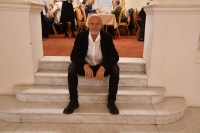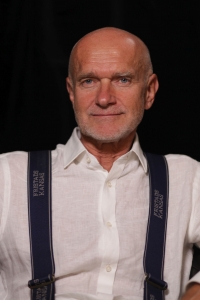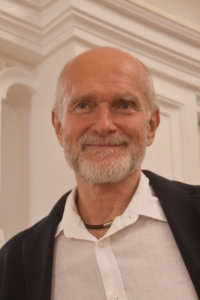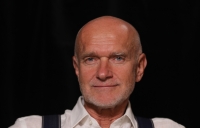I am grateful to have lived in such exciting times

Stáhnout obrázek
Jiří Návara was born on October 11, 1957 in Tábor. He graduated from the University of Veterinary Medicine in Brno and after graduation he found it difficult to find an adequate job, which would also prevent him from joining the communist party. For some time he worked as a bricklayer, then settled down in a rendering plant to determine the causes of animal death. In the first revolutionary days of November 1989 he defended the former newspaper such as the Free Word, that first began writing openly about events in Prague, from security officers who tried to confiscate it. He then founded the Civic Forum in Tábor. At the time of split of the Civic Forum he was at the birth of the Civic Democratic Party in Tábor. Later he ceased his membership mainly because of a different attitude to lustrations. From 1990 to 1998, Jiří Návara was deputy mayor of Tábor and considers political activity a good experience he could recommend to everyone.



